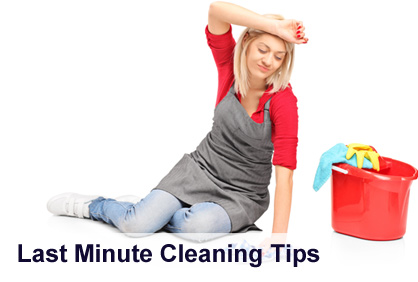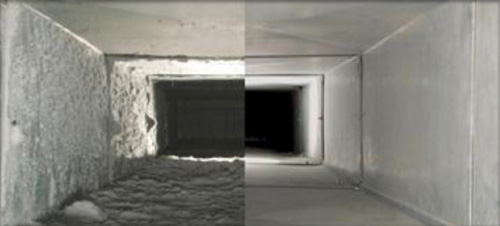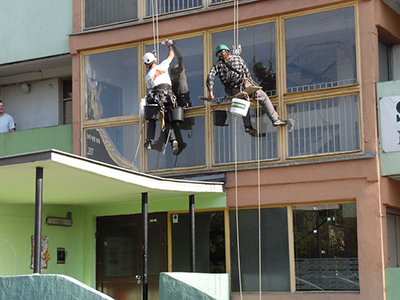5 Things to Know About Air Duct Cleaning
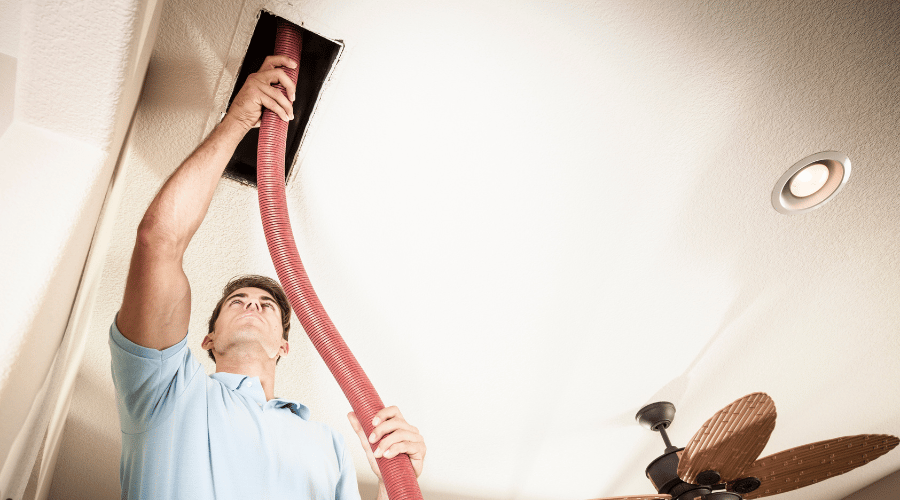
When it comes to indoor air qualityIndoor air quality (IAQ) refers to the condition of the air ... More (IAQ), dirty air ducts and registersRegisters are grilles or vents that cover openings in HVAC s... More can make a big difference, especially if you’re prone to allergies. In fact, duct cleaning can improve IAQ and help improve your health, save you money on allergy medicines, and avoid another dangerous foe: moldMold is a type of fungus that grows in damp or humid conditi... More.
Here are some facts about air duct cleaning that you may not know.
1. Air Duct is a Part of the HVAC System
Air ducts are components of a heating, ventilationVentilation is the process of exchanging or circulating air ... More and air conditioning (HVAC) system in a building. If you have central air or central heating in your home, the conditioned air is being routed to various rooms courtesy of a number of air ducts. You can find these ducts connected to air vents in your ceilings, floors and walls.
The purpose of an air duct is to move conditioned air from the HVAC unit to different parts of your home. This is done by using fans and blowers depending on which type of HVAC system you have installed at your house. These fans blow out hot or cold air into the ductwork which then distributes it throughout your home according to where it is needed most at any given time.
Air ducts are made up of metal but they can also be made from plastic instead if necessary for some reason or another such as fire safety reasons for example because plastics tend not to catch on fire as easily as metal does when exposed to flames from an open flame source such as a candle flame for example (etc).
2. How to Tell if Your Ducts are Dirty
Dirty ducts are an issue that many homeowners don’t even realize they have. The symptoms of dirty ducts, however, can be pretty obvious. If you’re experiencing any of these issues, it’s likely time to call in the professionals and have your ducts cleaned:
- Your energy bill is running high: Dirty air filters can cause your air conditioner to work harder than normal, which means it’s using more energy. This leads to higher utility bills!
- Your air filter is clogged: A clogged air filter means that dirt and dust from the outside world are being sucked into your home through the vents. Not only does this leadLead is a heavy metal that can be toxic to humans, especiall... More to dirtier air inside your house, but it also means that when you run your air conditioner during allergy season, there will be more pollen floating around inside your home.
- You notice moldMold is a type of fungus that grows in damp or humid conditi... More: If you see any signs of moldMold is a type of fungus that grows in damp or humid conditi... More in your home (black spots on walls or ceilings), this is another sign that something might not be right with your ducts. The best way to prevent mold from forming inside of your ducts is to have them professionally cleaned once per year at a minimum.*
- You just had construction done on your home or building: If your house just had construction done, you may notice that the people who did the work left behind some leftover dust and debris in your vents. Similarly, if you’ve recently had renovations done on your ducts themselves (like adding insulationInsulation is a material used in buildings to reduce the tra... More), those can also leadLead is a heavy metal that can be toxic to humans, especiall... More to more dust and debris buildup.
3. Keeps Your Homes Clean Helps Keeping the Duct Clean
Keeping your home clean will also keep your air ducts cleaner. The more dust you can remove from your home, the less likely it is that dust will end up in the vents, which can cause health problems and make your system work harder to clean itself out.
A vacuum with a HEPA filter will help remove dust from floors, carpets, and furniture. If you have hardwood floors or tiles, try using a device that picks up dirt instead of just moving it around with a feather duster.
You should also make sure that any air filters in your house are cleaned regularly and replaced as needed. This can help prevent dust from getting into the vents in the first place.
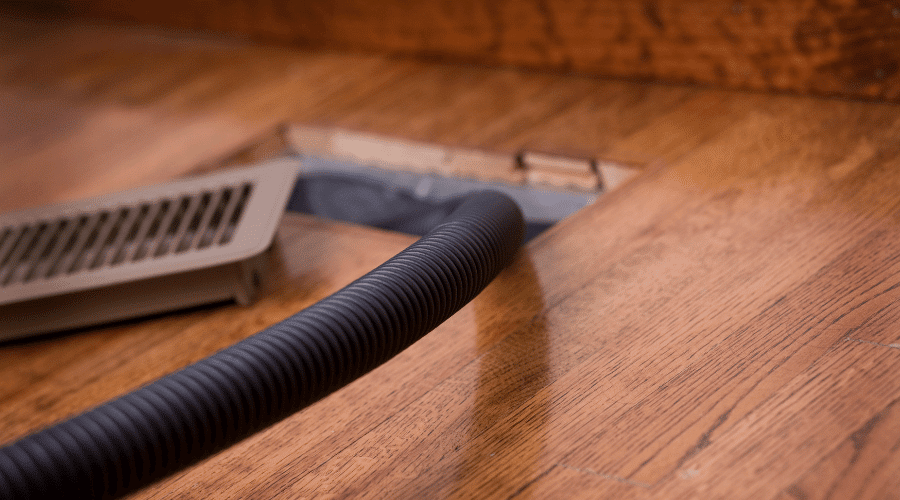
4. When Should You Clean the Air Ducts
As a rule of thumb, most experts recommend cleaning the air ducts in your home every three to five years. However, this varies depending on where you live and how often you use your HVAC system (i.e., more frequent use means more frequent cleaning). It is also important to note that duct work can become clogged with debris much more quickly in older homes than it can in newer ones.
Cleaning the air ducts at the beginning of the allergy season (March/April/May) is a good idea if you suffer from allergies or asthma. Removing any build-up, dirt and debris can also help to improve the flow of air in your home, allowing your system perform more efficiently. This will prevent from turning the heat up in the winter and blasting the air conditioner in the summer.
5. Don’t Try to DIY Air Duct Cleaning, Find a Professional
Air duct cleaning is a job that requires professional care. Do not try to do it yourself, as you could damage your HVAC system, which would leadLead is a heavy metal that can be toxic to humans, especiall... More to a higher cost in repairRepair is the act of fixing or restoring damaged property, m... More bills. It is also possible that you will release an excessive amount dust, debris, moldMold is a type of fungus that grows in damp or humid conditi... More sporesSpores are microscopic reproductive units of fungi or mold t... More, or allergens into the air, which will then settle all over your home. It’s best to call in the professionals. Find a local air duct cleaning professional to provide prompt service for all your air duct cleaning needs.










